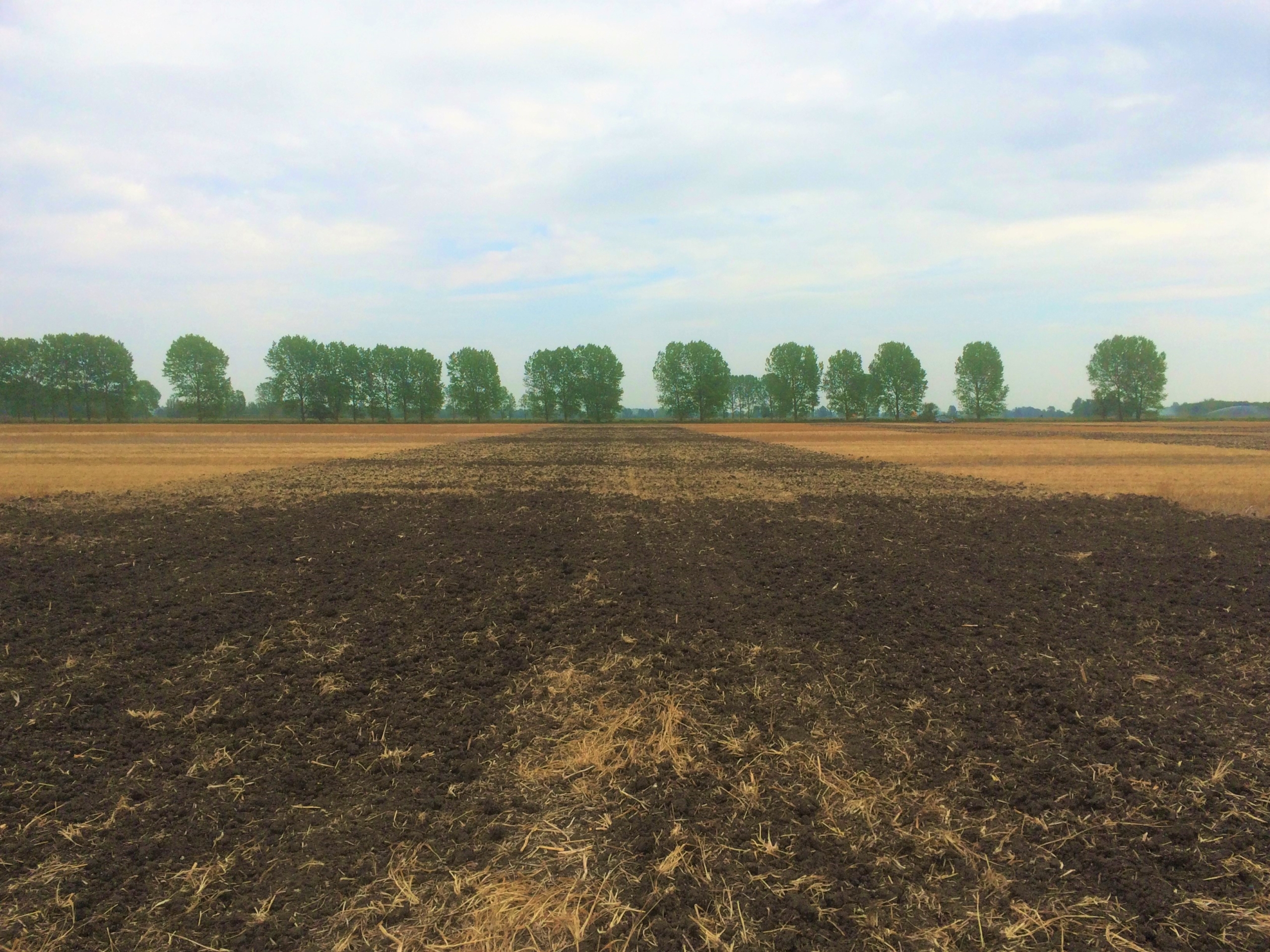Soil, carbon and climate change
05/11/2021

Organic matter in soil, which contains carbon originating from plants and organisms, is an important part of regulating the Earth’s climate. Soil is a huge store of carbon and is estimated to contain three times more carbon than the atmosphere!
However, in many areas soil carbon has been lost from soils through land use change, unsustainable land management. The soil carbon is also vulnerable to loss under increasing temperatures due to climate change. It is important to recognise that soil can both capture carbon and also be a source, by releasing carbon dioxide back into the atmosphere from the breakdown of organic matter.
Understanding where and how much carbon is stored in soil can help us focus on areas for protection, restoration, or improvement of soil organic matter. These maps can identify where we should be protecting and restoring soils that naturally have large carbon stores, such as peatlands. It can also recognise areas where there is the potential to increase carbon by changing land management or land use, such as areas of cropland that have been depleted in organic matter.
Take a look at the maps we have produced using soil data in England and Wales https://www.cranfield.ac.uk/themes/environment-and-agrifood/landis We used our soil carbon data in a global effort to determine the amount of carbon stored in soils across the planet – the total was a massive 680 billion tonnes of carbon in just the top 30 cm of soil! http://54.229.242.119/GSOCmap/
Categories & Tags:
Leave a comment on this post:
You might also like…
From classroom to cockpit: What’s next after Cranfield
The Air Transport Management MSc isn’t just about learning theory — it’s about preparing for a career in the aviation industry. Adit shares his dream job, insights from classmates, and advice for prospective students. ...
Setting up a shared group folder in a reference manager
Many of our students are now busy working on their group projects. One easy way to share references amongst a group is to set up group folders in a reference manager like Mendeley or Zotero. ...
Company codes – CUSIP, SEDOL, ISIN…. What do they mean and how can you use them in our Library resources?
As you use our many finance resources, you will probably notice unique company identifiers which may be codes or symbols. It is worth spending some time getting to know what these are and which resources ...
Supporting careers in defence through specialist education
As a materials engineer by background, I have always been drawn to fields where technical expertise directly shapes real‑world outcomes. Few sectors exemplify this better than defence. Engineering careers in defence sit at the ...
What being a woman in STEM means to me
STEM is both a way of thinking and a practical toolkit. It sharpens reasoning and equips us to turn ideas into solutions with measurable impact. For me, STEM has never been only about acquiring ...
A woman’s experience in environmental science within defence
When I stepped into the gates of the Defence Academy it was the 30th September 2019. I did not know at the time that this would be the beginning of a long journey as ...






